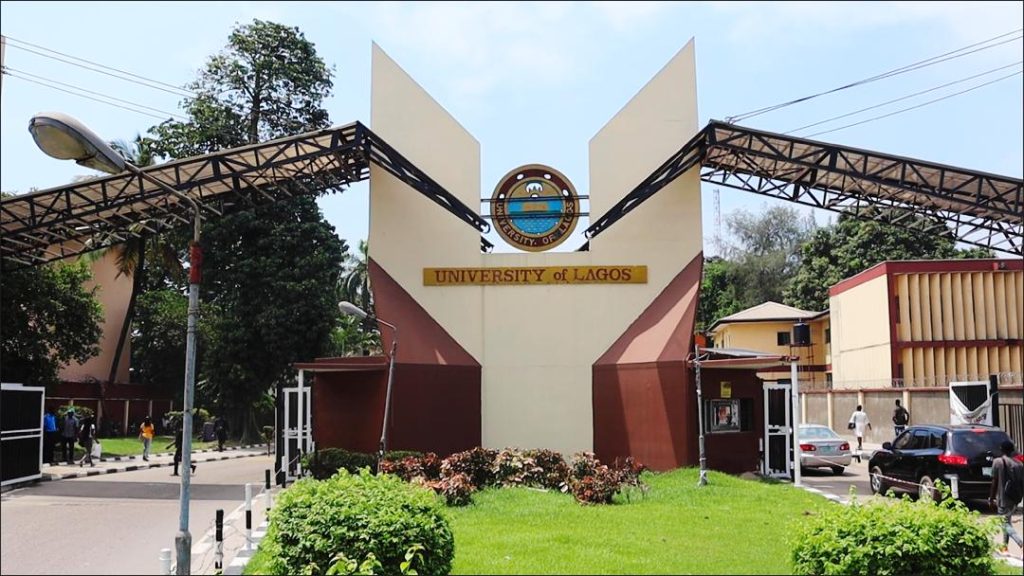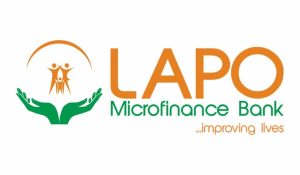
UNILAG Attributes Hike in Fees to Dwindling Government Funding, Harsh Economic Climate
The Vice Chancellor, University of Lagos (UNILAG), Akoka, Prof. Folasade Ogunsola, at the weekend, blamed the harsh economic circumstance in the country for the hike in the institution’s fees, saying this had affected the running cost of the institution.
The students had last Wednesday, protested against the hike which led to the arrest of some students by security operatives.
Ogunsola, who briefed journalists via Zoom, a virtual platform, also attributed the increase in fees to dwindling government funding and that it could no longer cope with what it used to have.
She explained that the university spends so much on hostel maintenance, electricity and internet connection, yearly conduct and verification of results, accreditation of programmes, as well as logistics of hosting people who come for accreditation.
According to her, “apart from electricity bill which is about N1.7 billion per annum, we verify results by examination bodies which comes to about N3,500 to N5,000 per student.
“We conduct examination which cost is about N80 million per year and in addition, each of the faculty incur another N3 million to N5 million, so we have about N40 million annually.
“We also do accreditation and N62 million is paid for accreditation of our programmes and sometimes when new programmes commences. Other cost includes the logistics of hosting people who come for accreditation, which comes to about N100 to N200 million every year, work-study programme and indigent students scheme, among others.”
The VC stated that students of the institution used to pay N19,000, but the management fixed new fees at N190,250, for those studying Medicine, while for courses that required laboratory and studio, the students are to pay N140, 250.
Programmes that do not require laboratory and studio, she added, were fixed at N100, 750.
Ogunsola said the university had maintained its fees for 15 years without increment, adding that the management had in January this year, made the move to adjust the fee and held a parents’ forum to brief its stakeholders and unions on the issue.
“It was decided at the meeting that the fee increase should be announced in July so that the council can ratify it,” she added.
Ogunsola, however expressed concern that the council was dissolved before then, and petrol subsidy was removed which worsened the situation.
“The issue of price increase started since January and we discussed it with the university council and the idea was to look at all our fees that we have been charging and look at how we could increase it so that we could come to the prevailing rate because it was very clear that we were always falling back on our obligations.
“We had a committee set up to look at all the bills we paid and we had mountains of debts as well, but when we looked at all the bills, it was very clear that we had to increase to meet our obligations.”
Ogunsola stated that it would continue to work on improving on its ability to mitigate the impact of the hike in fees in students, staff and parents, adding that no student would drop out as a result of it.






